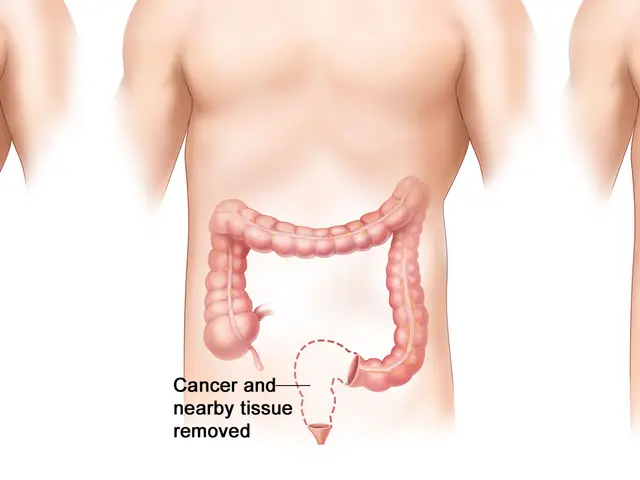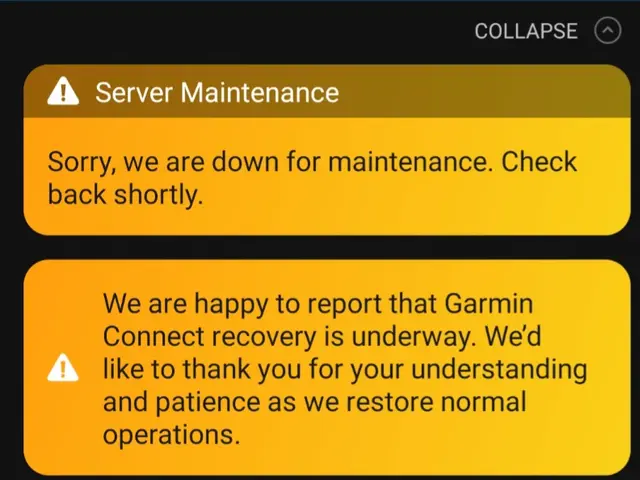Why Food Aversion Goes Beyond Simple Dislikes and Disrupts Lives
Food aversion, a strong dislike or avoidance of specific foods, is a common issue that can significantly impact individuals' lives. It's often triggered by psychological, sensory, or developmental factors and can lead to intense negative reactions. Unlike simple dislikes, food aversion can cause severe distress and affect nutritional intake and social interactions.
Food aversion typically occurs after a negative experience with a particular food. This could be due to psychological factors, such as traumatic events or associations, sensory sensitivities, or developmental issues like autism spectrum disorder (ASD) or sensory processing disorders. Individuals with attention deficit hyperactivity disorder (ADHD) and anxiety disorders may also be more susceptible.
The reaction to food aversion can be intense. It may involve nausea, gagging, or refusing to even look at the food. This can lead to a restricted diet, which in turn can cause nutritional deficiencies. Food aversion can also impact social interactions, as it may limit the ability to eat with others or try new foods in social situations. Unlike food neophobia, which is the fear of new foods, or food allergies, food aversion is not about trying new foods or physical immune responses.
Food aversion is a serious issue that can affect people of all ages, though it commonly develops during childhood and may persist into adulthood. It's crucial for healthcare professionals and caregivers to understand and address food aversion to help individuals maintain a balanced diet and improve their overall quality of life.







